Articles
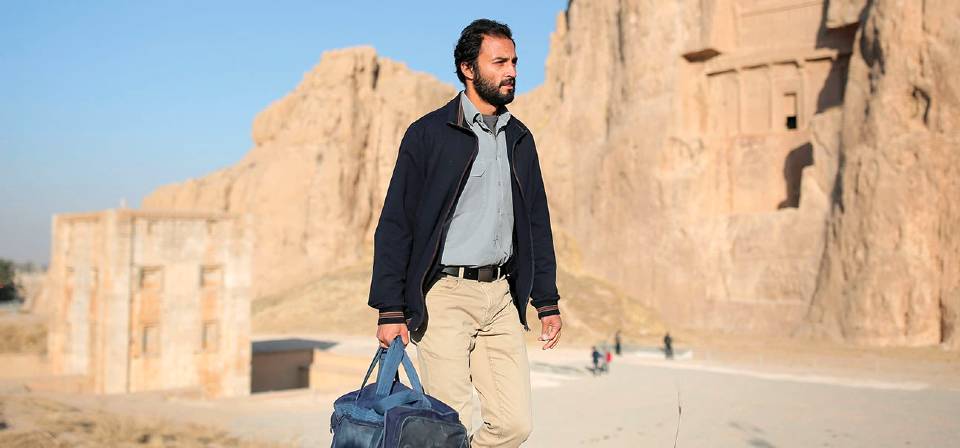
Asghar Farhadi’s masterful A Hero: A decent man does the right thing, more or less
One of the things that makes Iranian filmmaker Asghar Farhadi (A Separation) such a riveting storyteller is how persuasively he imagines sympathetic characters who are more or less trying to do the right thing finding the consequences of that “more or less,” that small bit of wiggle room, compounding and spiraling out of control in unforeseen directions.
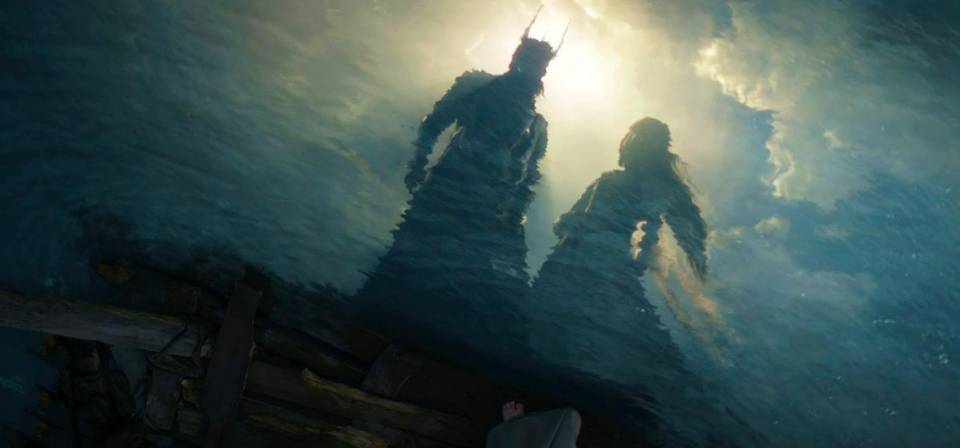
The Rings of Power at the end of season 1
Season 1 ended for me closer to the quiet end of the whimper-bang spectrum than I had hoped. Yet the highs of the season’s second half offer ongoing reason for sustained interest.

The Rings of Power: Season 1 at the halfway mark
Four episodes in, the lavish Amazon Prime series is delivering on at least some of its promise, but there’s room for improvement.
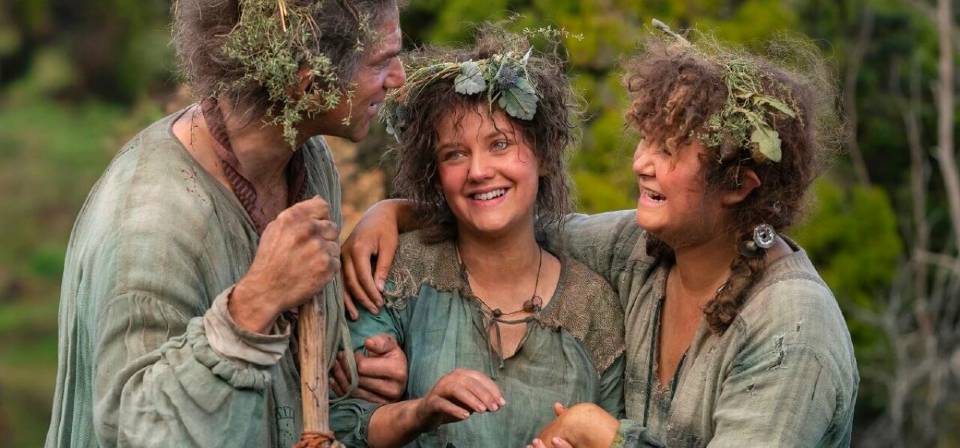
A new foray into Middle-Earth: The Rings of Power
A Game of Thrones–ification of Tolkien? More Hobbit trilogy excess? Though not without missteps, Amazon’s ambitious Lord of the Rings prequel series gets off to a fairly promising start.
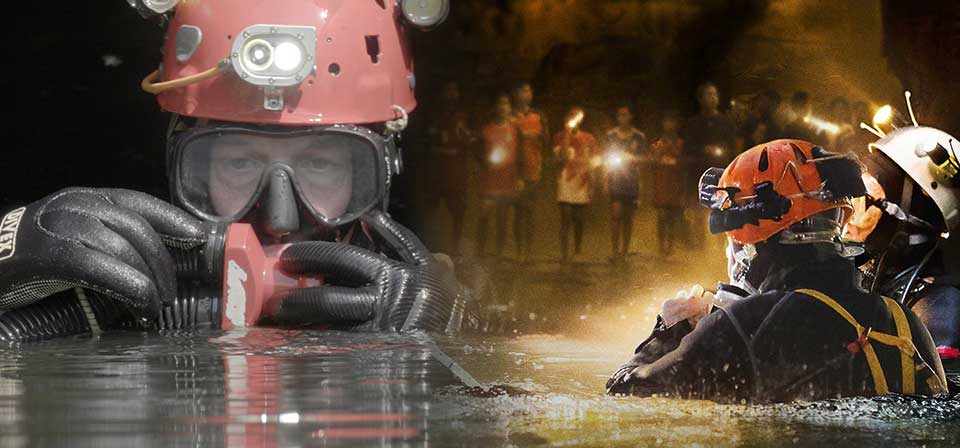
Too good not to be true: Two movies about the Thailand cave rescue
Perhaps you were glued to the news in 2018 as the world followed the ultimately successful efforts in Thailand to rescue the 12 young boys of a soccer team and their assistant coach from the Tham Luang Nang Non cave who had become trapped by sudden flooding. If you haven’t checked in on the story since then, though, you have no idea.

Love and thunder, signifying nothing? Religion and nihilism in recent Marvel movies
Recent installments in the Marvel Cinematic Universe exacerbate the tension between the franchise’s humanistic ethos and its nihilistic cosmos. Is there still room for God in this universe?

Lightyear is an anti–space opera for an anti-heroic age
It pains me to say this: If Lightyear is Andy’s Star Wars, what an impoverished childhood Andy had.

Trying to reach the sublime: Robert Eggers, cinematic poet of the past
In the Viking epic The Northman, the arthouse horror auteur behind The Witch and The Lighthouse takes on his most ambitious challenge to date.
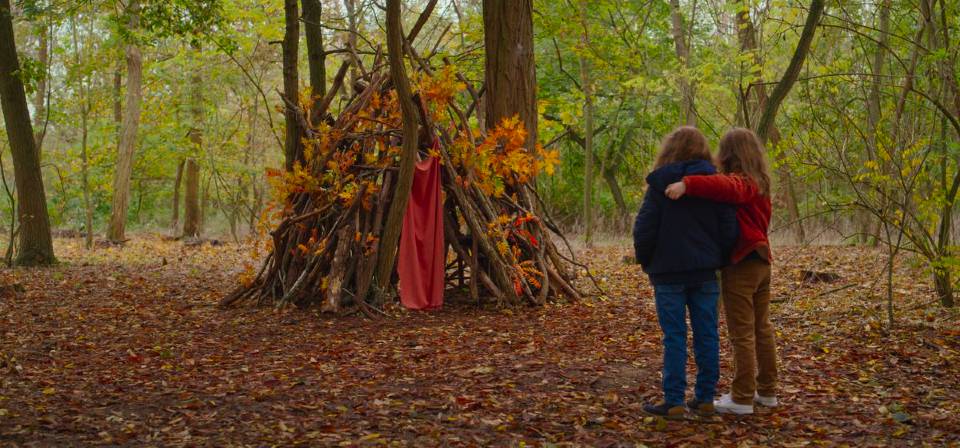
Petite Maman: A quietly powerful fairytale about childhood, loss, and ties that bind
For a child, losing a grandparent can be part of growing up, a coming-of-age experience; losing a parent for an adult can be an encounter with childhood, especially if it involves going through the contents of the household they grew up in, the actual stuff of their childhood.
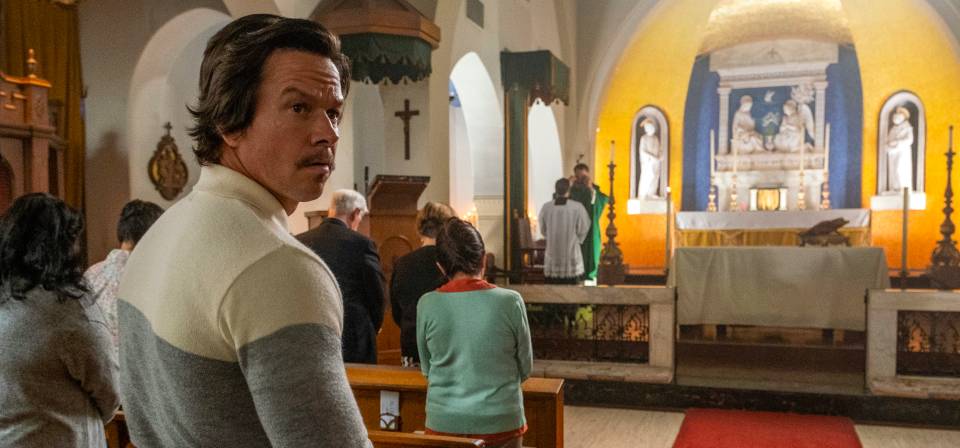
Father Stu is a mostly endearing, shaggy redemption story
Based on the unlikely true story of an amateur boxer turned priest who died of a rare degenerative disease, Father Stu leans on Wahlberg’s mischievous charm and buoyant aura of invincibility, with hints of something darker and more fragile beneath the surface.
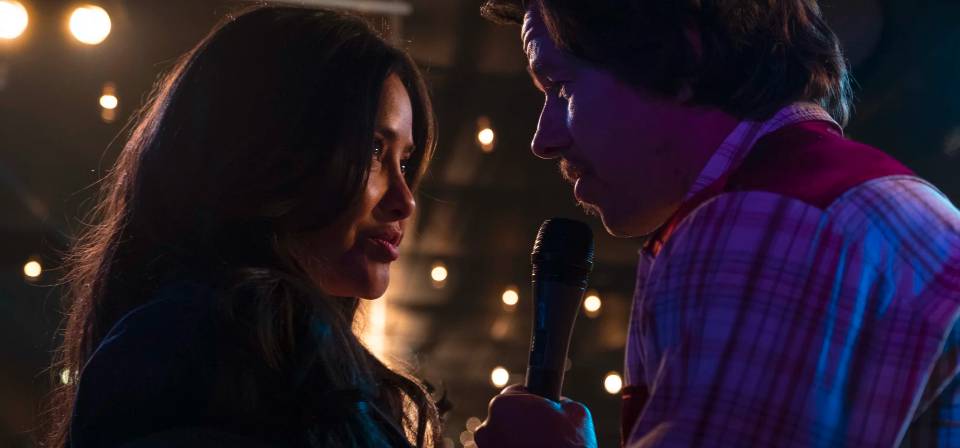
“Everything happens for a reason”: Mark Wahlberg and Teresa Ruiz on Father Stu
I recently spoke with Mark Wahlberg and Teresa Ruiz via Zoom about making the film and what it meant to them.
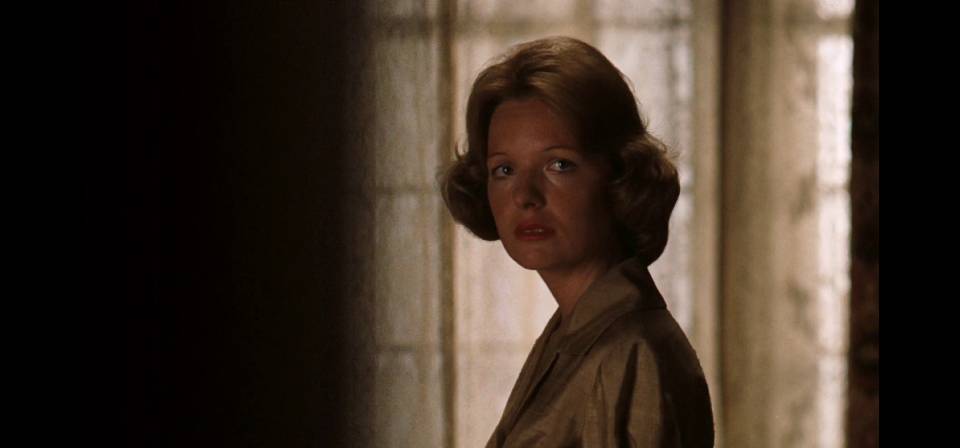
The Godfather’s two endings: Lighting a candle and the wrong side of the door
Now half a century old, Francis Ford Coppola’s revered New Hollywood masterpiece has one of the best-known final shots in film history — but it almost had a much more Catholic ending.
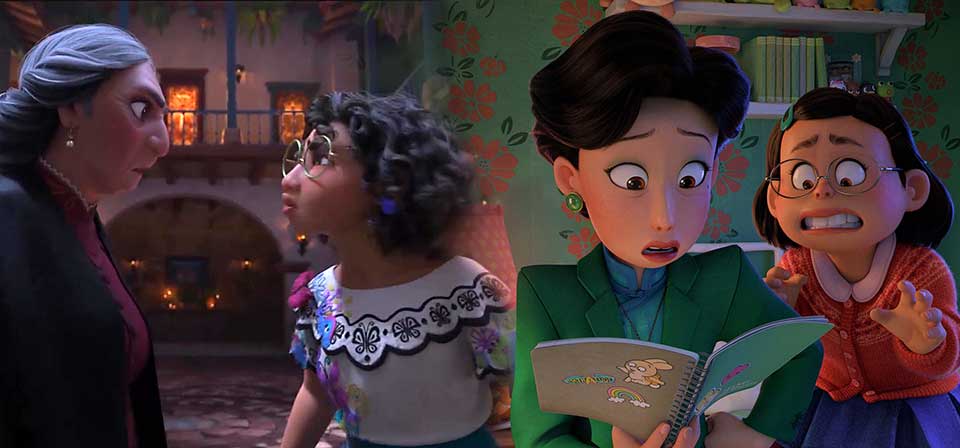
Mother knows best: Turning Red, Encanto, and Disney/Pixar’s new overbearing moms
The familiar animation trope of the domineering dad and the (sometimes) supportive mom gets an update in recent films from the Mouse House.
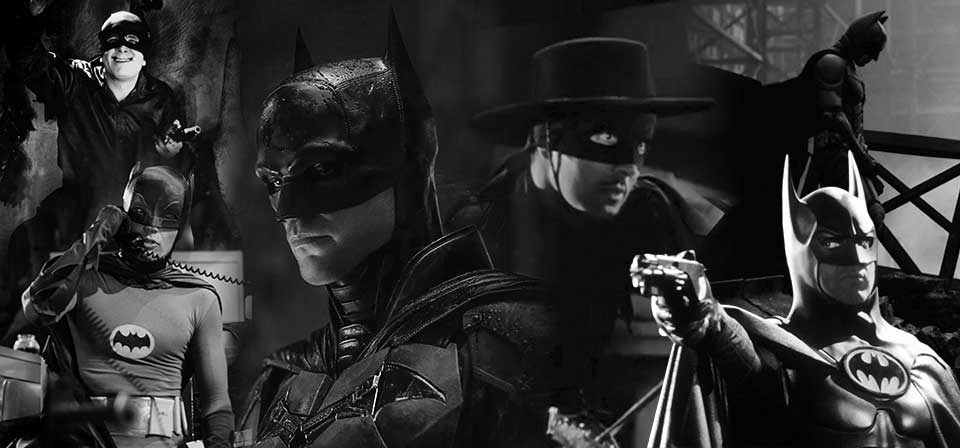
Caped crusaders and the common good
Questions around how what people need and deserve and how they should be governed are of course recurring themes in the saga of Zorro’s more famous heir, Batman … We don’t look to superhero movies to answer these questions for us, but their varying answers tell us something about ourselves and the times in which they were made.
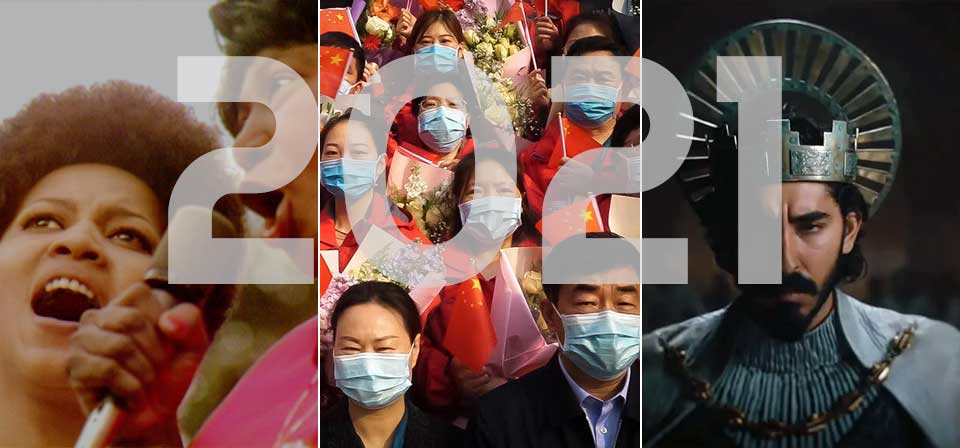
2021: The year in reviews
What kind of year was it for movies? I’ve heard some folks complain that 2021 wasn’t a great movie year, but I’ve come to the point where I believe there are no good or bad movie years, just years in which people have or haven’t watched enough movies.
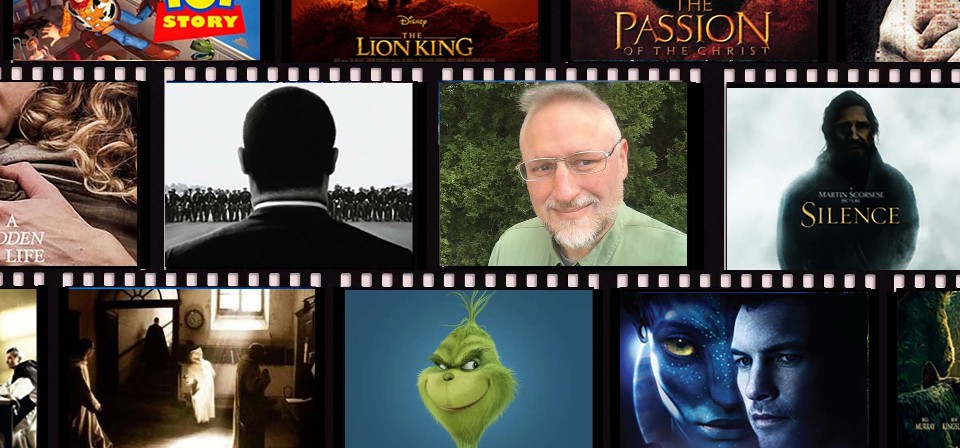
SDG says farewell to the National Catholic Register
I have, as I suppose most anyone would, complex, mixed feelings about leaving an institution that’s been such a big part of my life for so long a time, but I have no regrets regarding my decisions nor doubts about how God is leading me.
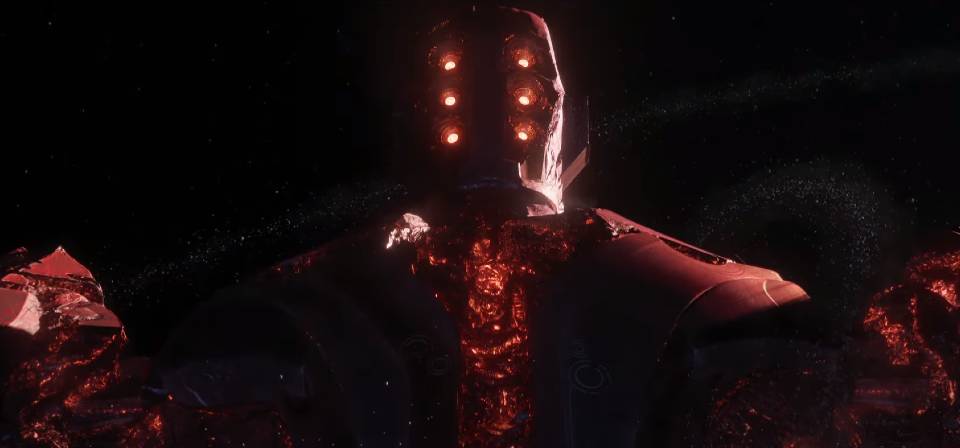
Marvel’s Eternal problem: The Man, the Powers that Be, and God
Incarnations of The Man vary from one MCU movie to another in terms of how sympathetic or compromised he is. Always, though, The Man has damaging secrets, misrepresents his true intentions, and can’t be trusted, at least not completely.
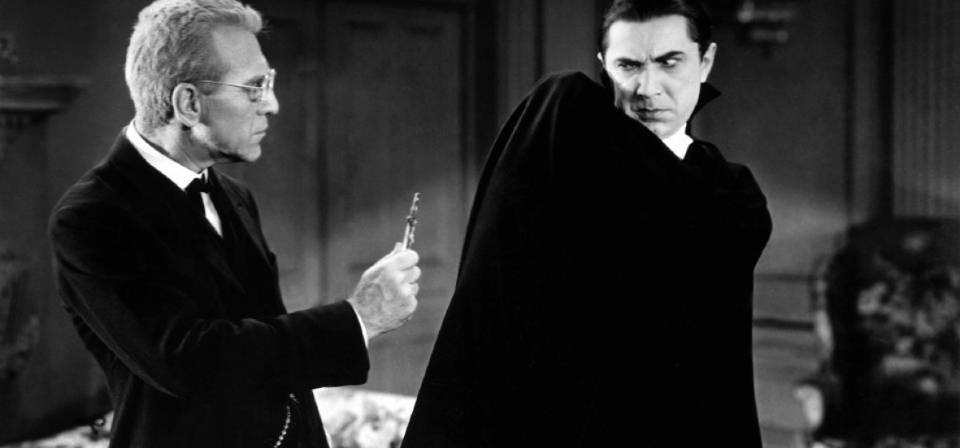
The sacred and the profane: Religious themes in vampire fiction
Almost from the beginning, vampire fiction has been a battleground between the powers of heaven and hell.
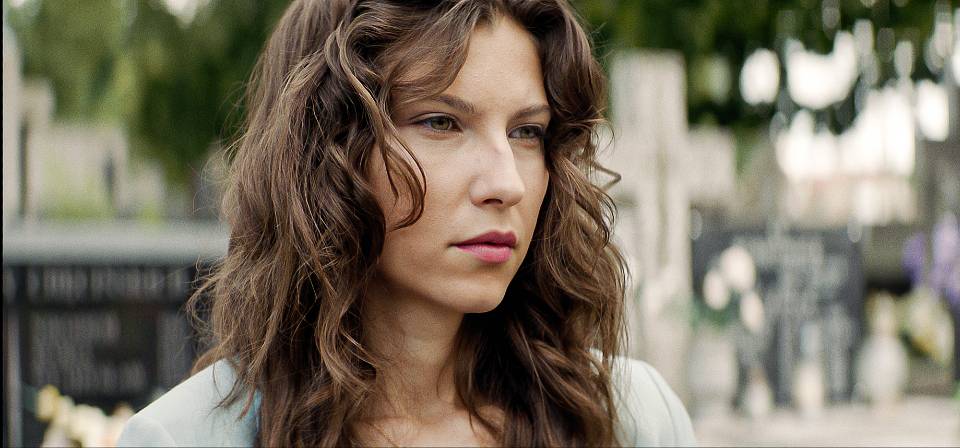
How do you make a documentary about purgatory? Not like this.
That our hatred should burden souls in the process of purification makes sense, but that our grief should burden them seems baffling and cruel — and it’s not a passing idea tossed off in one line.
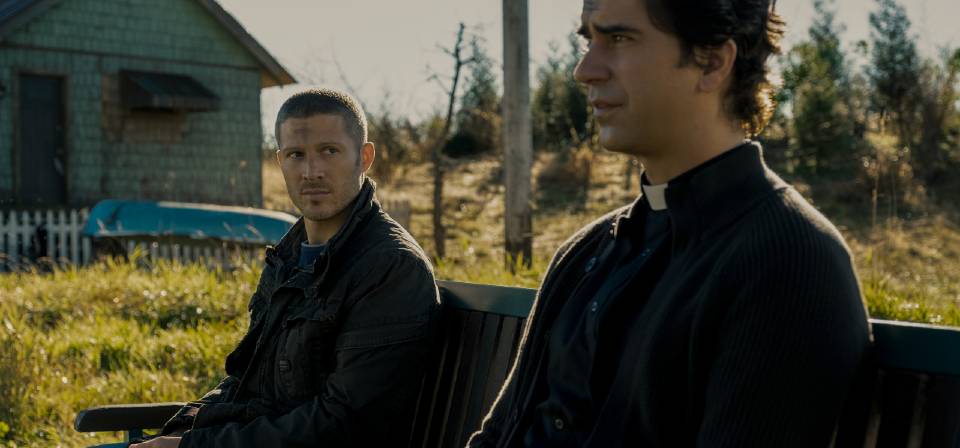
Midnight Mass is drenched in blood and Catholicism, but there’s one thing missing
Midnight Mass isn’t the first vampire story to blend vampirism as a metaphor for addiction with literal substance abuse. It is, however, probably the only paranormal horror story to focus so intently on the role of religion in recovery.
Recent
- Crisis of meaning, part 3: What lies beyond the Spider-Verse?
- Crisis of meaning, part 2: The lie at the end of the MCU multiverse
- Crisis of Meaning on Infinite Earths, part 1: The multiverse and superhero movies
- Two things I wish George Miller had done differently in Furiosa: A Mad Max Saga
- Furiosa tells the story of a world (almost) without hope
Home Video
Copyright © 2000– Steven D. Greydanus. All rights reserved.